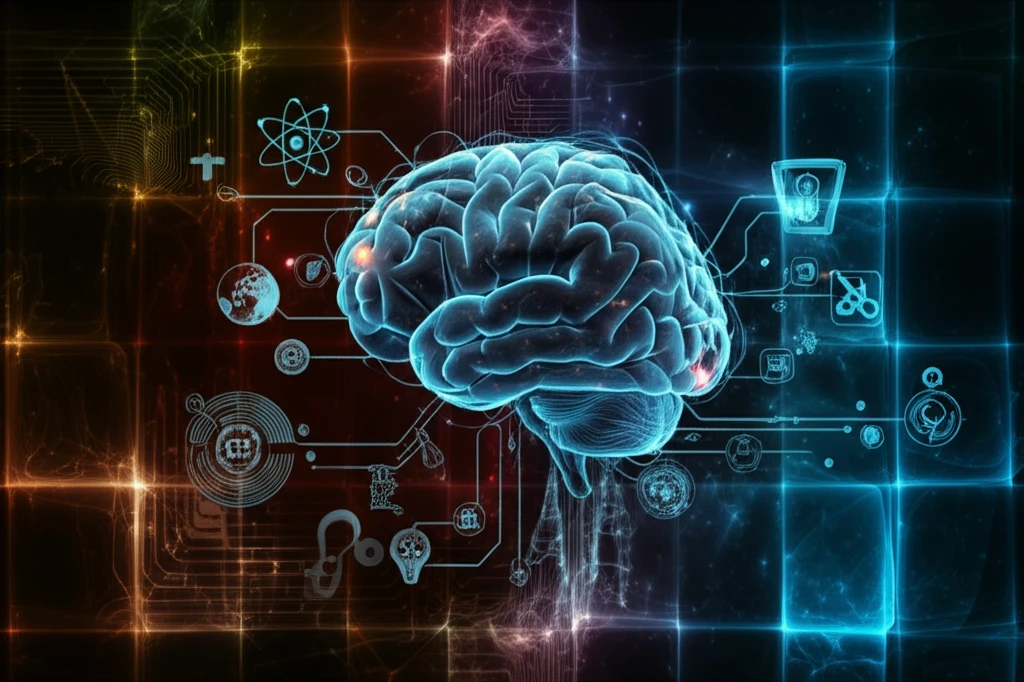
Science vs. Pseudoscience: Navigating the Truth in a Complex World
"Demystifying the Boundaries of Science and Understanding its Role in Society"
In an era dominated by information, discerning fact from fiction is more critical than ever. The demarcation of science—understanding what truly constitutes scientific knowledge—has become a vital skill. Often, the line between science and pseudoscience is blurred, leading to confusion and the spread of misinformation. This article aims to clarify these boundaries, offering insights into how science interacts with various aspects of our lives, from technology to religion.
The traditional view of science focuses on its separation from pseudoscience. However, this perspective is too narrow. Science has intriguing connections with many non-scientific endeavors that are not necessarily pseudoscientific. Understanding these connections requires a broader view, one that includes the humanities alongside the sciences. This expanded view acknowledges the unique contributions of various fields of knowledge and promotes a more comprehensive understanding of truth.
Let's embark on a journey to explore the multifaceted world of science, its methodologies, and its relationships with other disciplines. By understanding what constitutes reliable knowledge, we can better navigate the complex information landscape and make informed decisions in our daily lives.
What Exactly Is Science? Redefining Knowledge Boundaries

Classifying human knowledge has a rich history, with efforts dating back to the Middle Ages. Scholars organized disciplines into groups, creating tree-like structures to identify areas worthy of study. While terms like scientia (science), philosophia (philosophy), and ars (art) were used, no single term encompassed all knowledge types. 'Science' originally meant knowledge derived from facts, while 'philosophy' meant 'love of wisdom.'
- Reliable Information: A commitment to providing the most reliable information, striving for intersubjective reliability, and aiming for objective knowledge.
- Continuous Improvement: A strong drive for improvement through critical appraisals and new investigations, with mechanisms for uncovering and correcting mistakes.
- Intellectual Labor: A well-defined division of intellectual labor and mutual respect for each other's competencies.
- Growing Interdependence: Increasing interdependence among various knowledge disciplines, fostering collaboration and integration.
Moving Forward: Embracing a Broader Understanding of Science
In conclusion, focusing solely on the demarcation between science and pseudoscience is limiting. Science has fascinating and complex relationships with many human endeavors that are not pseudoscientific. By embracing a broader concept of science that includes the humanities, we can better understand these relationships and promote a more comprehensive view of knowledge. Understanding these connections is crucial for navigating our socially embedded world and fostering informed decision-making. As we move forward, let's commit to embracing this broader understanding of science, promoting critical thinking, and valuing the unique contributions of all fields of knowledge.
